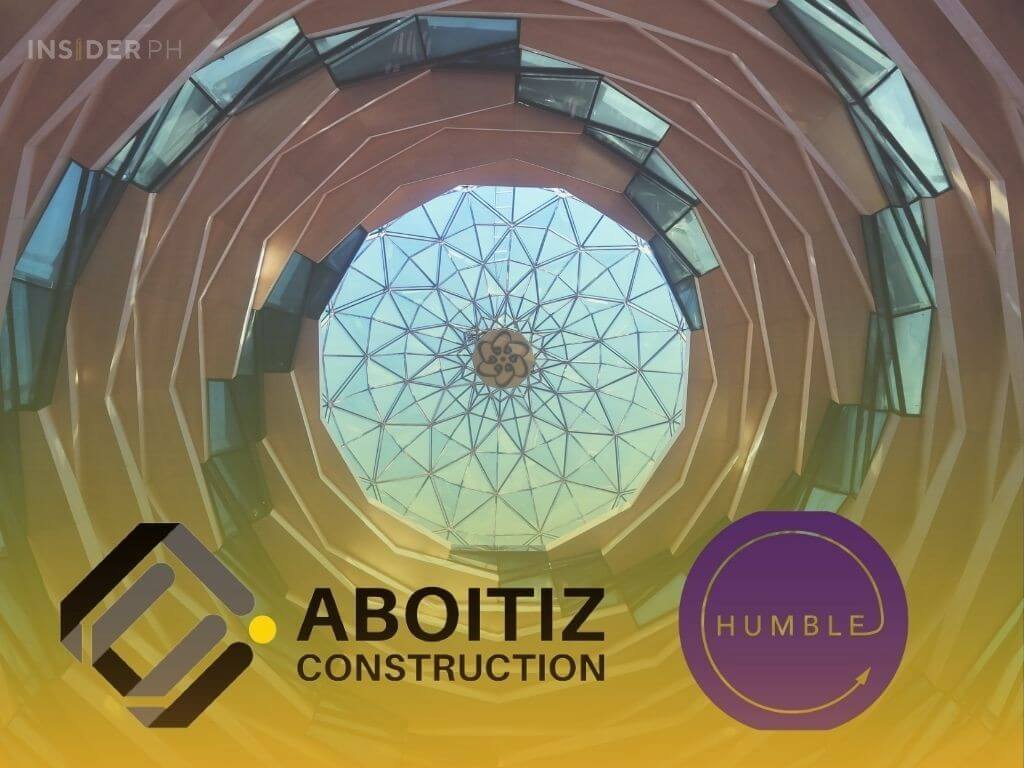

Insider Spotlight
The initiative starts with nearly 30 laptops slated for refurbishment, proving that corporate action can make a tangible difference in the fight against electronic waste.
Why it matters
E-waste is one of the fastest-growing waste streams worldwide. In the Philippines, where technology adoption is surging, outdated electronics often end up in dumpsites, leaking toxic chemicals and worsening pollution.
By choosing refurbishment over disposal, Aboitiz is not just extending the life of gadgets—it’s helping build a culture where businesses see waste as a resource. The move shows how companies can align profitability with sustainability while contributing to national circular economy goals.
What they’re saying
“This collaboration reflects our strong commitment to sustainability and innovation. By transforming old technology into new opportunities, we contribute to the circular economy and demonstrate that responsible business practices can drive positive change for our stakeholders and communities,” said Karmine Andrea Ching, senior assistant vice president for business transformation of Aboitiz Construction.
Ching added: “Through partnerships like this, we aim to scale our impact and create shared value for business, communities, and the environment.”
The bigger picture
The project builds on Aboitiz Construction’s sustainability track record. Earlier this year, it won recognition for helping set up a Barangay Eco-Cycle Resource Facility in Batangas, boosting local waste management.
With its new partnership, Aboitiz reinforces that sustainability isn’t a side project—it’s a core business strategy. For communities and the environment, that means less toxic waste, more resource recovery, and a glimpse into how a circular economy can work in practice. —Ed: Princess Daisy Ominga